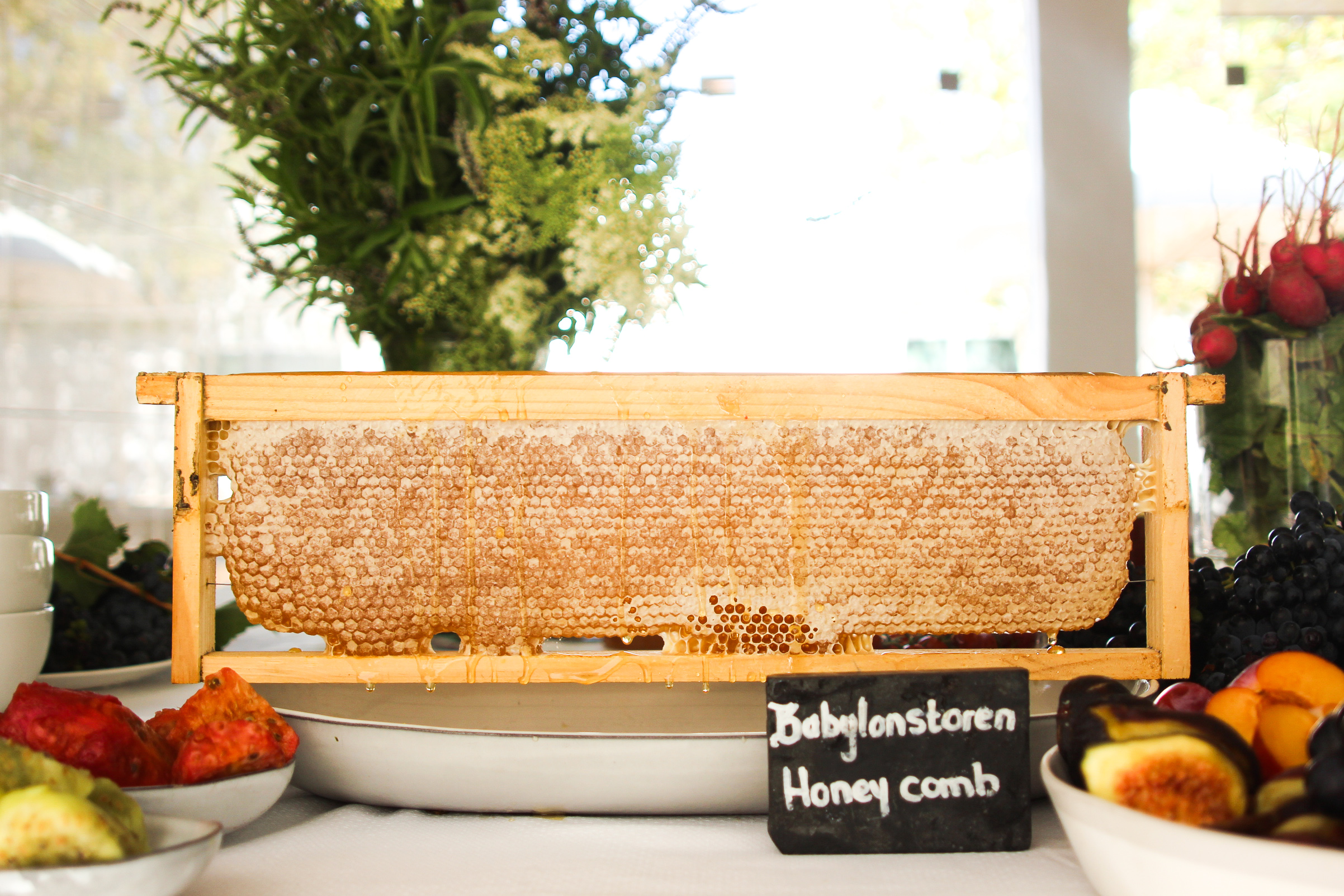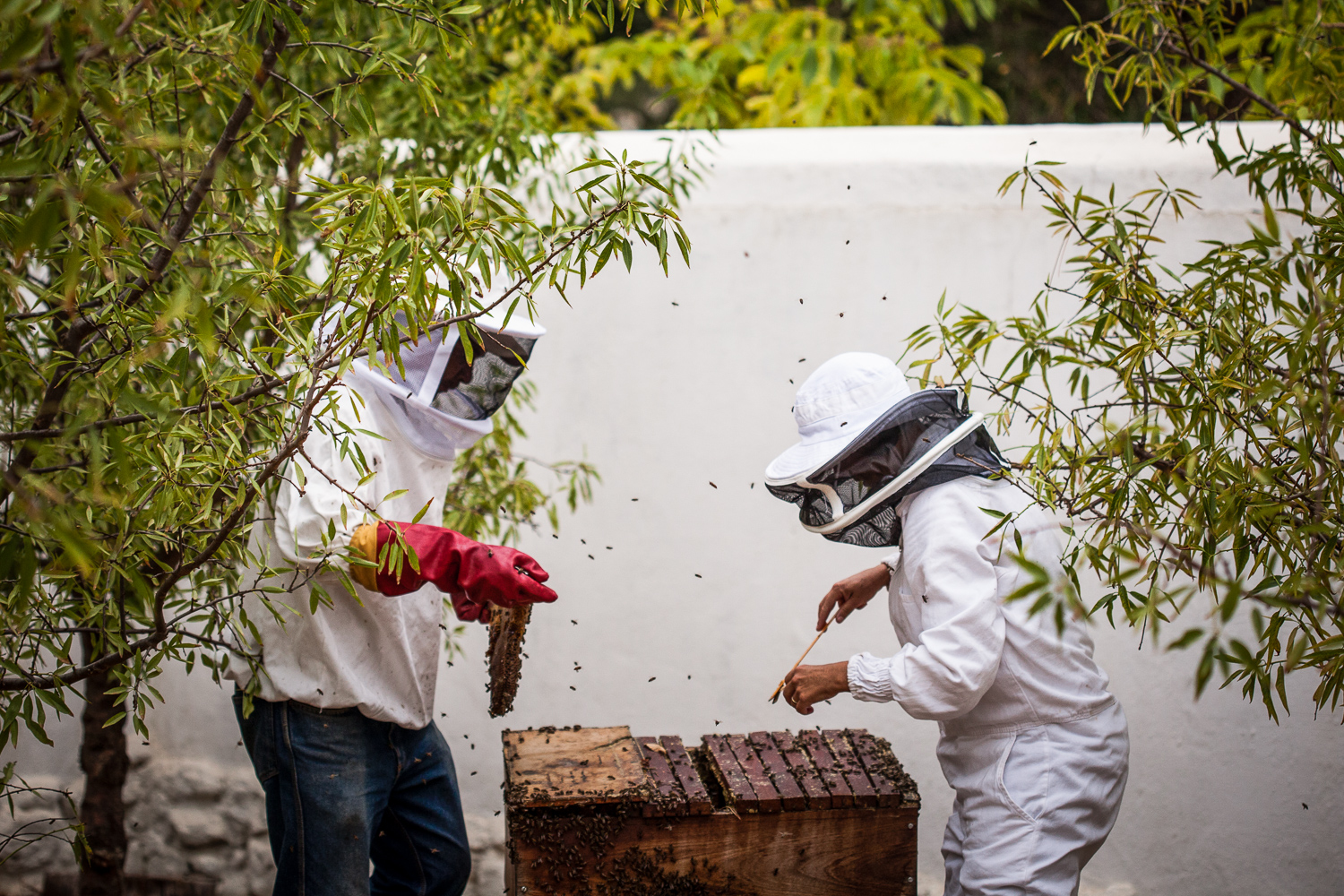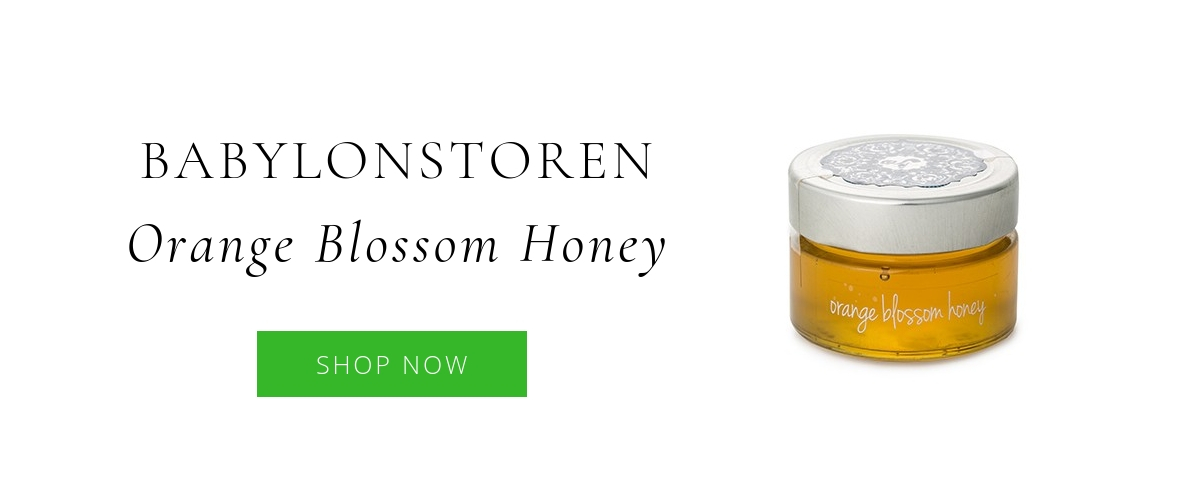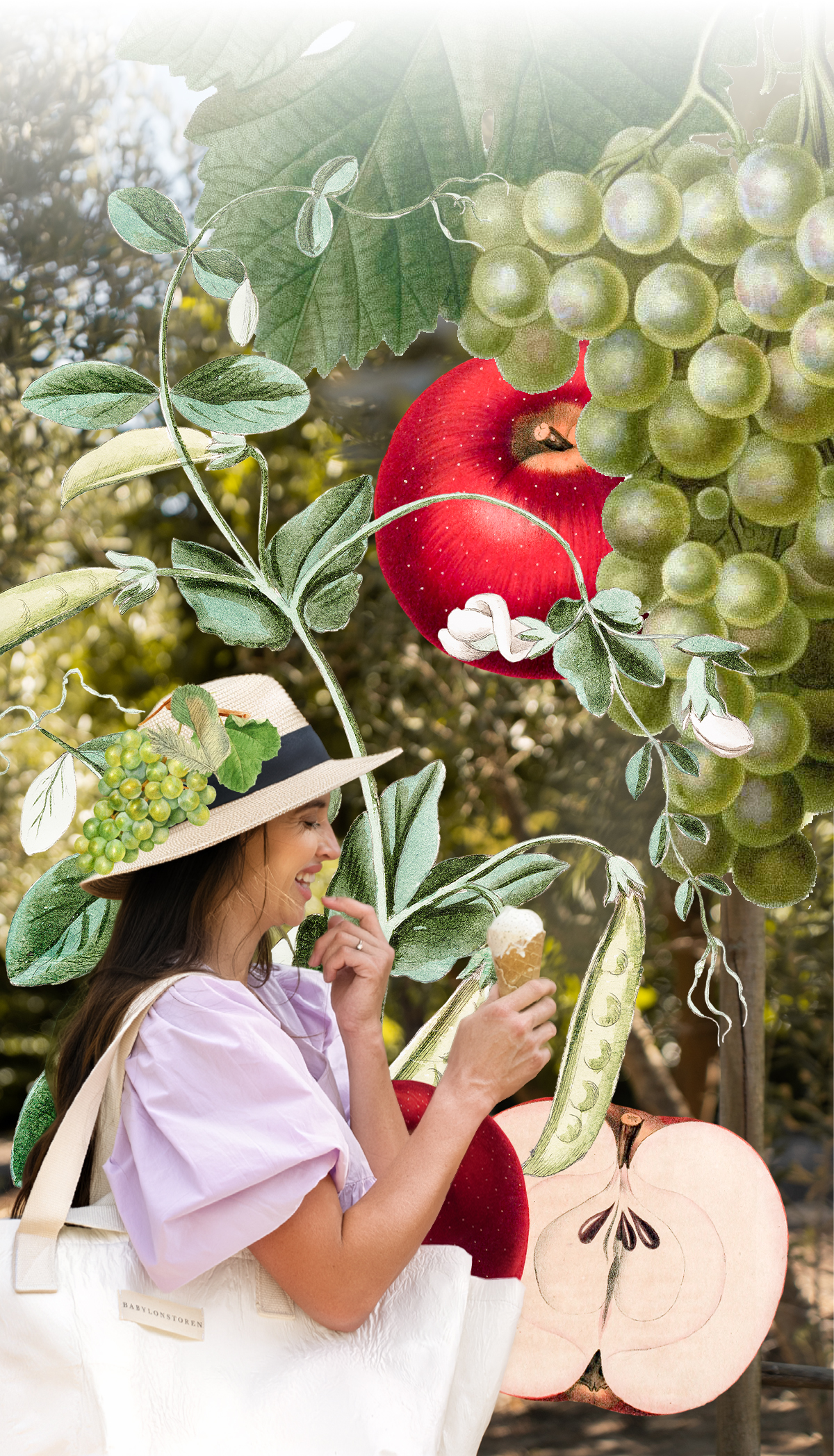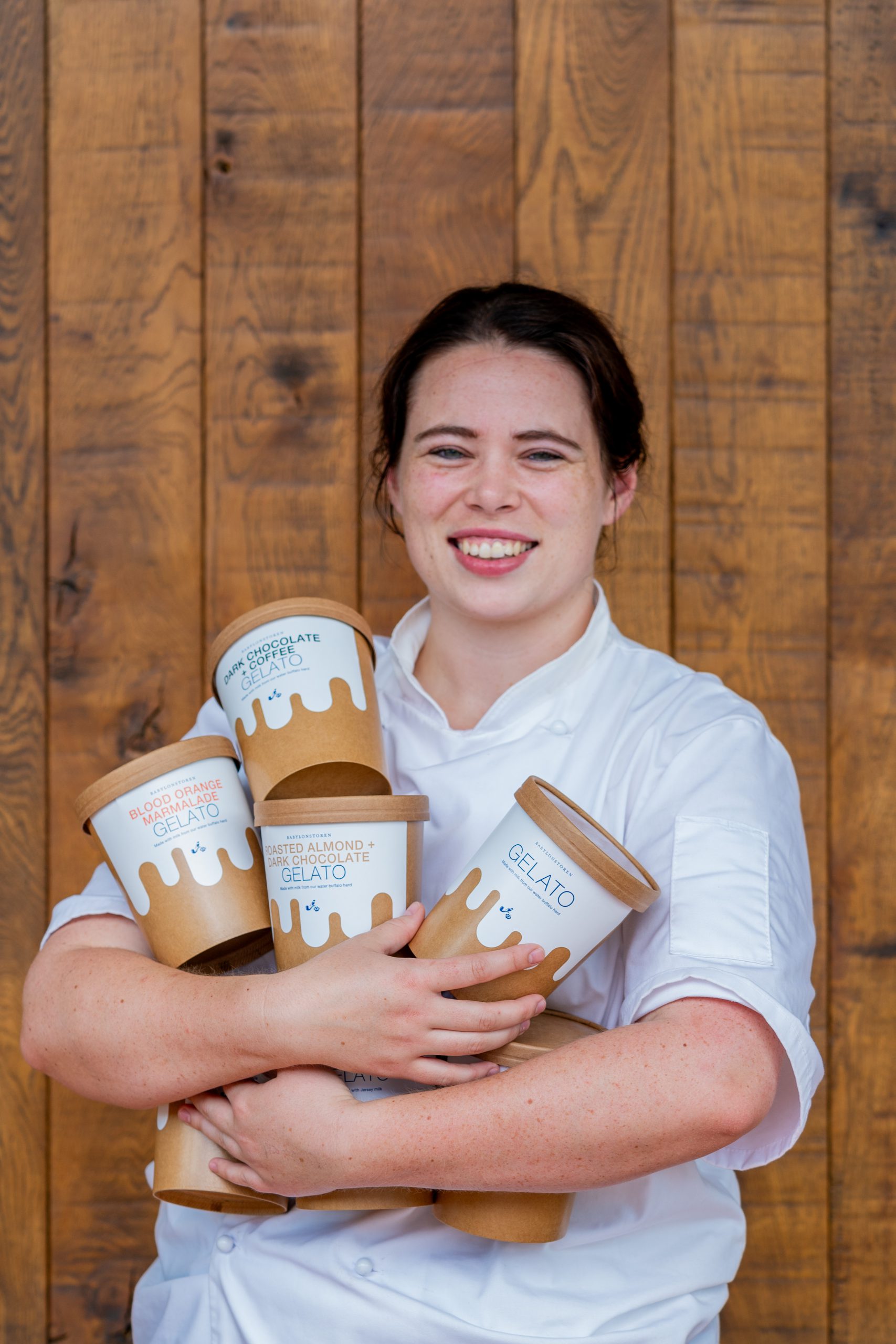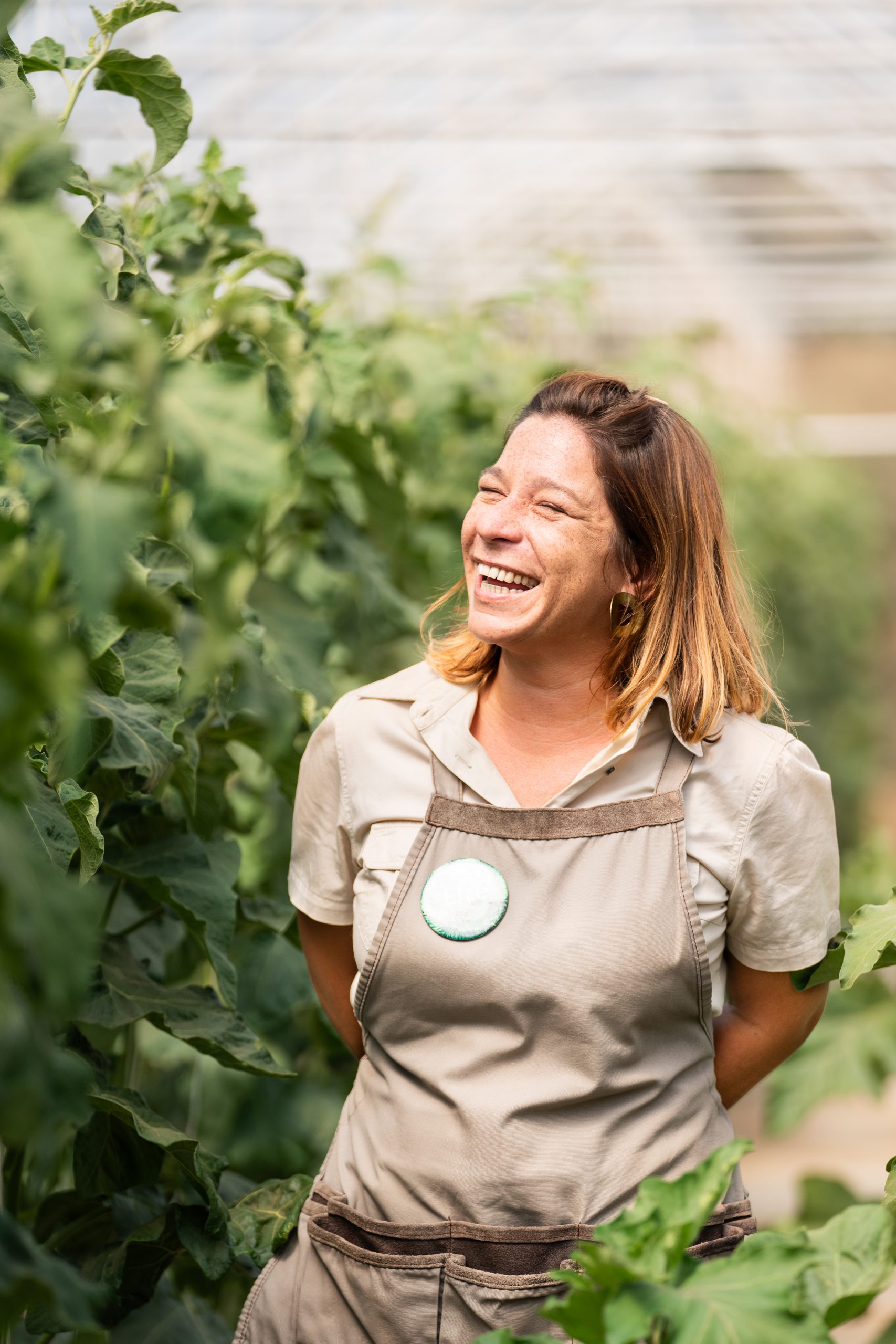All a-buzz about raw honey
September 19th, 2018Spring has sprung and the flowers are out in full display in the Babylonstoren garden. As nature arises from its winter sleep, the bees begin their daily hustle and bustle again to collect pollen for the hives. Our bees not only play an integral role in the garden ecosystem by helping pollinate the many flowers but also produce the honey that is served straight off the frame on the tables of Babel.
The honey we serve at breakfast and sell in The Farm Shop is raw and unfiltered, which has inspired the question from one of our visitors: What is raw, unpasteurised honey, and is it good for you? We turned to Paula Carnell, a consultant beekeeper and a natural health and wellness enthusiast from Somerset in the UK, to weigh in on the subject.
Is raw honey safe?
“Honey is comprised of natural enzymes and bacteria that the bees incorporate whilst ‘processing’ the plant nectar,” Paula explains. “This is usually beneficial, gut-healthy bacterium.” Paula believes strongly in the medicinal qualities of raw, unfiltered honey. “I take small amounts of my own bee’s honey as a medicine and to help prevent hay fever and asthma,” she says. Honey has also been proven to have antimicrobial properties, aiding in wound and gut treatment, as well as soothing throats. “Honey has a multitude of nutritional benefits that stem from the healthy bacteria. These are mostly killed off when honey is pasteurised.”
However, problems may occur if your immune system is weakened (such as from overuse of antibiotics or exposure to anti-bacterial cleaners), or when foreign bacteria enter the honey – both of which can trigger an immune response. It is important to note that unpasteurised, unfiltered honey is a raw food that can be likened to raw cider vinegar and unpasteurized milk – it is considered good for you when it is organic and consumed in small quantities.
Paula advises eating raw honey that is local and sourced from a reputable supplier, as it is more likely that your body will be adapted to the bacteria from that area. “It should also go without saying that you should seek out honey that has been collected responsibly by beekeepers who don’t feed their bees sugar or use chemicals to kill bacteria in the hives,” Paula insists. Raw honey should also not be given to children under the age of 1, as their digestive systems are not adapted to handle any contaminants that may exist.
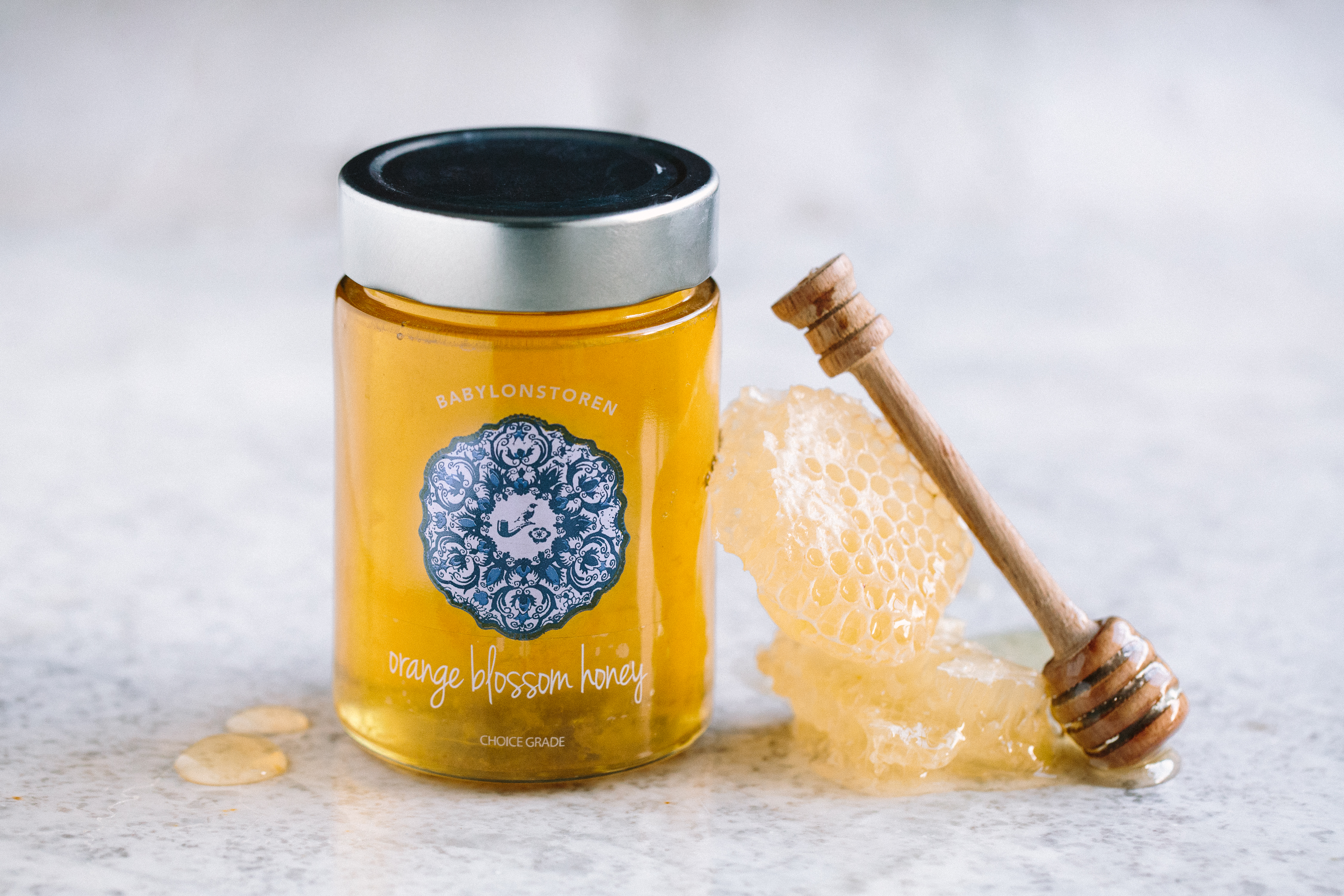 “If in doubt, pasteurised, filtered honey is perfectly fine. However, eat it with the understanding that it is more like jam or marmalade – less of a medicinal product and more suited to drizzling over your toast,” she concludes.
“If in doubt, pasteurised, filtered honey is perfectly fine. However, eat it with the understanding that it is more like jam or marmalade – less of a medicinal product and more suited to drizzling over your toast,” she concludes.
